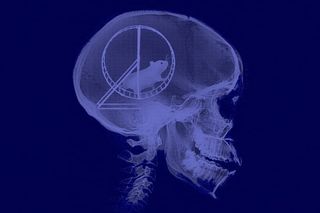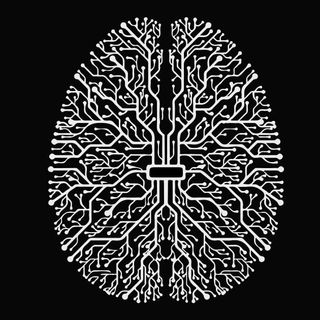
Chasing Happiness Can Skew Your Perception of Time
With depressing results

It seems simple enough: If you want to be happy, seek out happiness. But now that how-to-be-happy piece of advice is being challenged by new research that suggests actively chasing happiness can distort our perception of time — in a way that can cause unhappiness.
Aekyoung Kim, of Rutgers University, in the US, and Sam Maglio, of the University of Toronto Scarborough, in Canada, conducted four studies comparing how chasing happiness versus being in the state of happiness, affected people’s perception of time, finding that participants who chased happiness felt that time was scarce.
In two experiments, Kim and Maglio primed people to think of happiness as a goal to be pursued. In one scenario, they asked participants to create ‘to-do’ lists of what would make them happy, and in another, they had participants actively try to make themselves feel happy while watching a dull film about building bridges.
In another two experiments, the duo primed people to think of happiness as a state. In one scenario, a group watched a slapstick movie instead of the bridge film. In another, participants were asked to write a list of things that currently made them happy.
At the end of each scenario, participants were asked to report how much free time they felt they had. People in the groups actively trying to achieve happiness reported feelings of time scarcity. This feeling was less among the groups who treated happiness as something they were experiencing or had already achieved.
“Time seems to vanish amid the pursuit of happiness, but only when seen as a goal requiring continued pursuit,” the researchers say. “This finding adds depth to the growing body of work suggesting that the pursuit of happiness can ironically undermine well-being.”
Which may, in turn, lead to unhealthy, ‘quick-fix’ ways of achieving happiness.
“Because engaging in experiences and savouring the associated feelings requires more time compared with merely, for instance, buying material goods, feeling a lack of time also leads people to prefer material possessions rather than enjoying leisure experiences,” the researchers say.
In other words, how to find happiness may be less about the counterproductive seeking, and more about the savoring of the moment.
Related


Parenting Stress Can Change the Way Your Genes Work
